
Power outages are unpredictable disruptions that can leave homes and businesses without electricity for hours or even days. While they're often caused by weather events or infrastructure issues, having a sustainable plan that includes a power generator can make a significant difference in how comfortably and safely you navigate through such situations. Here’s a guide on how to survive a power outage sustainably by incorporating the use of power generators:
Choose a Sustainable Generator
When selecting a generator, opt for models that are energy-efficient and produce minimal emissions. Look for generators labeled as "inverter generators" or those certified by organizations like the Environmental Protection Agency (EPA) for reduced environmental impact. These generators typically run quieter and consume less fuel than traditional models.
Sustainable Solar Generator 1000 v2 Portable Power Station for Outdoor, Off-Grid Living, RV, Emergency
Consider Renewable Energy Sources
For a more sustainable approach, consider investing in renewable energy sources like solar-powered generators. These systems harness energy from the sun, making them environmentally friendly and cost-effective over the long term. While initial setup costs may be higher, solar generators can provide reliable backup power without relying on fossil fuels.
Portable Power Station 3600Wh DELTA Pro, 120V AC Outlets x 5, 3600W, 2.7H Fast Charge
Calculate Your Power Needs
Before purchasing a generator, assess your household's power needs during an outage. Consider essential appliances such as refrigerators, freezers, medical devices, and communication devices. Choose a generator with sufficient wattage to power these essentials without overloading the system.
Outdoor Power Equipment 10000 Peak Watt Portable Open Frame Inverter Generator
Fuel Efficiency and Storage
Efficient fuel use is crucial during extended power outages. Opt for generators with fuel-efficient engines and store fuel in approved containers in a cool, ventilated area. Rotate fuel supplies regularly to maintain freshness and reliability. Alternatively, explore propane-powered generators, which produce fewer emissions and can be stored for long periods without degradation.
Portable Generator, 5500 Watt Gas or Propane Powered Electric Start w/CO Alert
Maintenance and Readiness
Regular maintenance ensures your generator operates reliably when needed. Follow manufacturer guidelines for upkeep, including oil changes, filter replacements, and battery checks. Keep spare parts and tools on hand for minor repairs, and test your generator periodically to verify its functionality.
Portable Open Frame Inverter Generator with Quiet Technology
Safety First
Safety is paramount when using generators. Always operate them outdoors in a well-ventilated area to prevent carbon monoxide buildup. Install carbon monoxide detectors in your home and keep them powered by backup batteries. Never refuel a generator while it’s running or hot to avoid fire hazards.
Air Cooled Guardian Series Home Standby Generators
Noise Considerations
Generators can be noisy, especially older models. If noise is a concern, look for generators designed to operate quietly or consider installing sound barriers around the generator’s location. Be considerate of neighbors and local noise regulations, especially during nighttime hours.
Outdoor Power Equipment Super Quiet Portable Inverter Generator
While generators provide immediate relief during power outages, consider long-term solutions to reduce reliance on grid electricity. Invest in energy-efficient appliances, improve home insulation, and explore renewable energy options such as solar panels. These measures not only enhance sustainability but also lower energy bills and reduce environmental impact over time.
Conclusion
Surviving a power outage sustainably with a generator involves careful planning, mindful use of resources, and a commitment to minimizing environmental impact. By selecting a generator that meets your needs efficiently and safely, you can ensure that your home remains functional and comfortable during unexpected power disruptions while contributing to a greener future. Remember, sustainable living is about preparing for challenges today while preserving resources for generations to come.





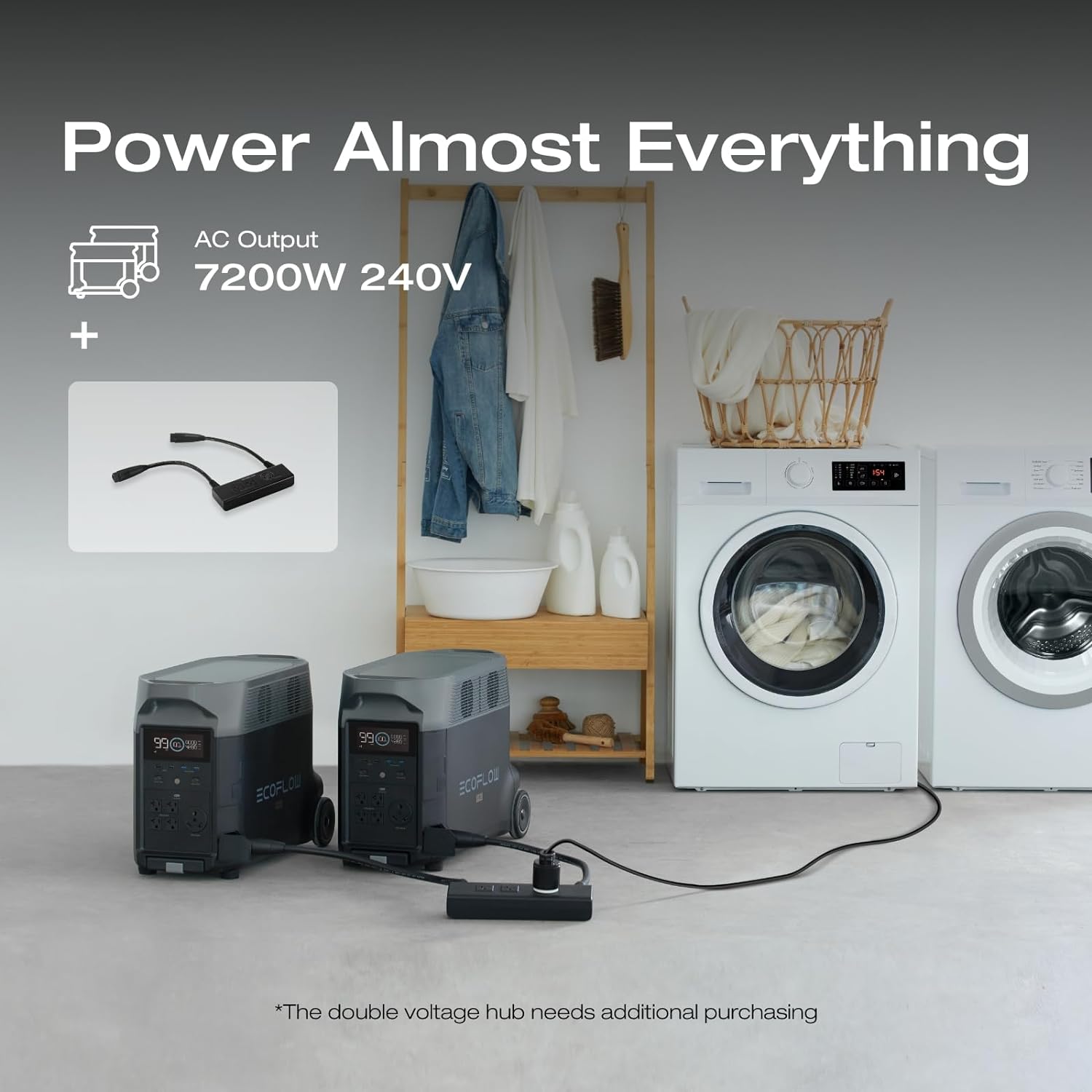
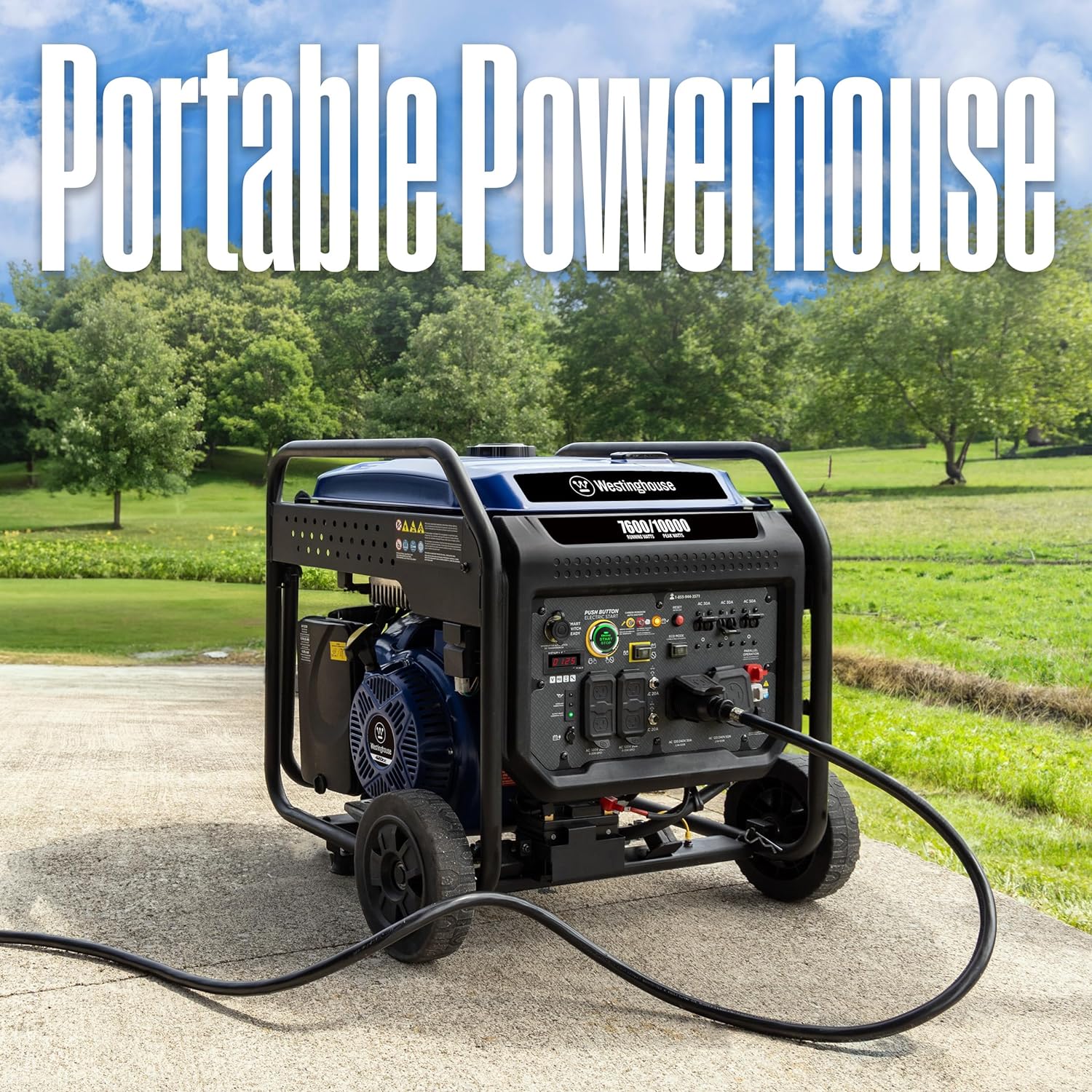
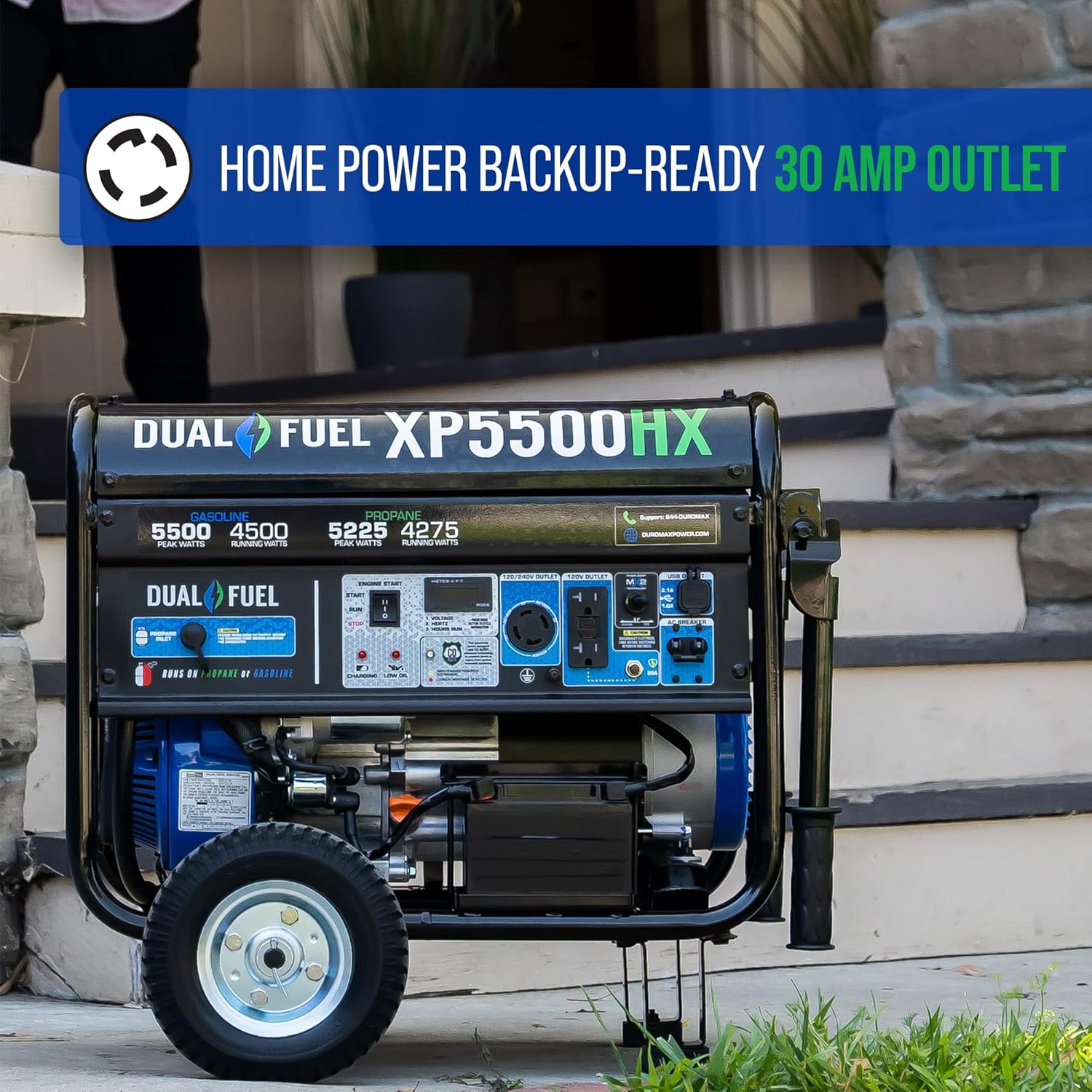
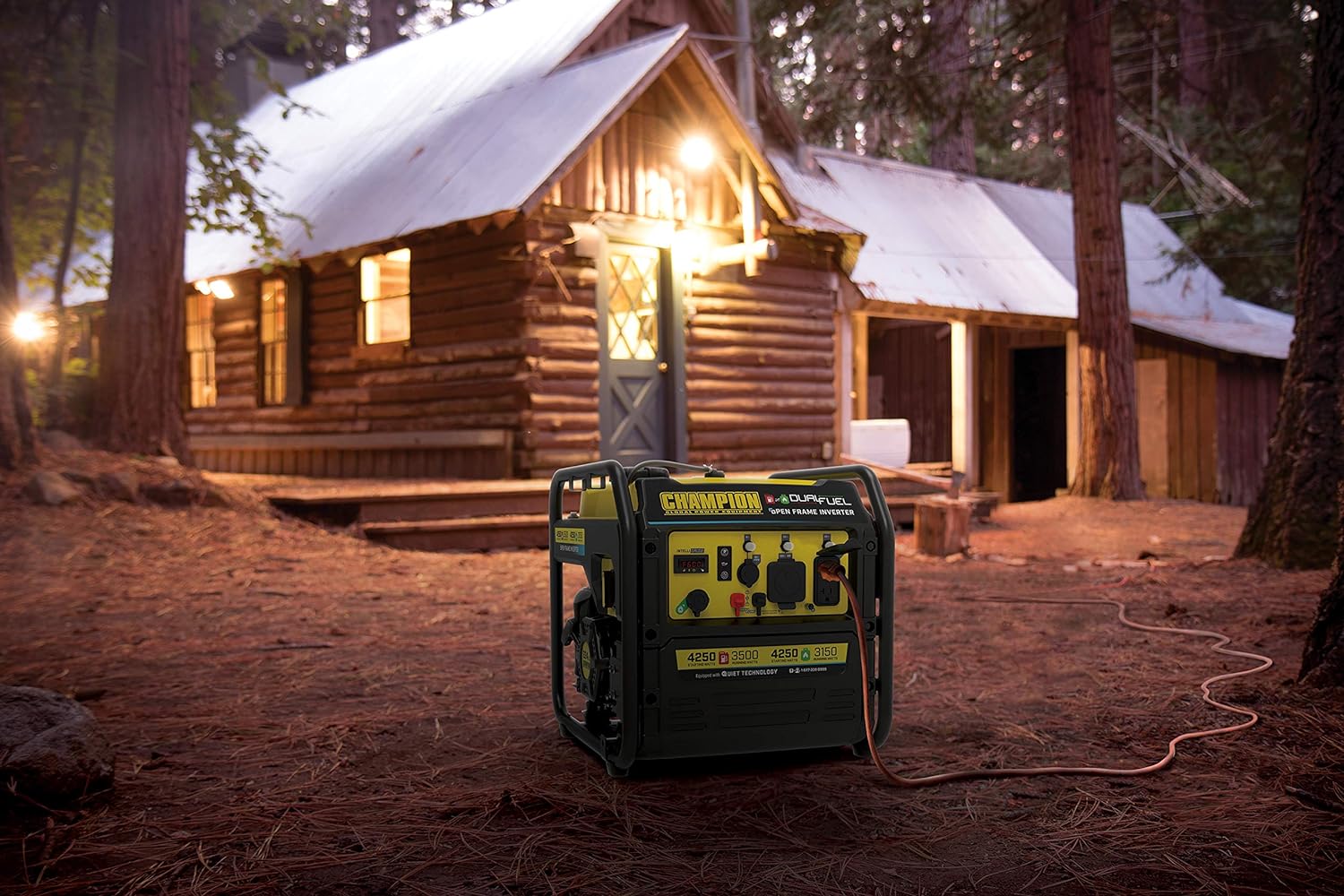
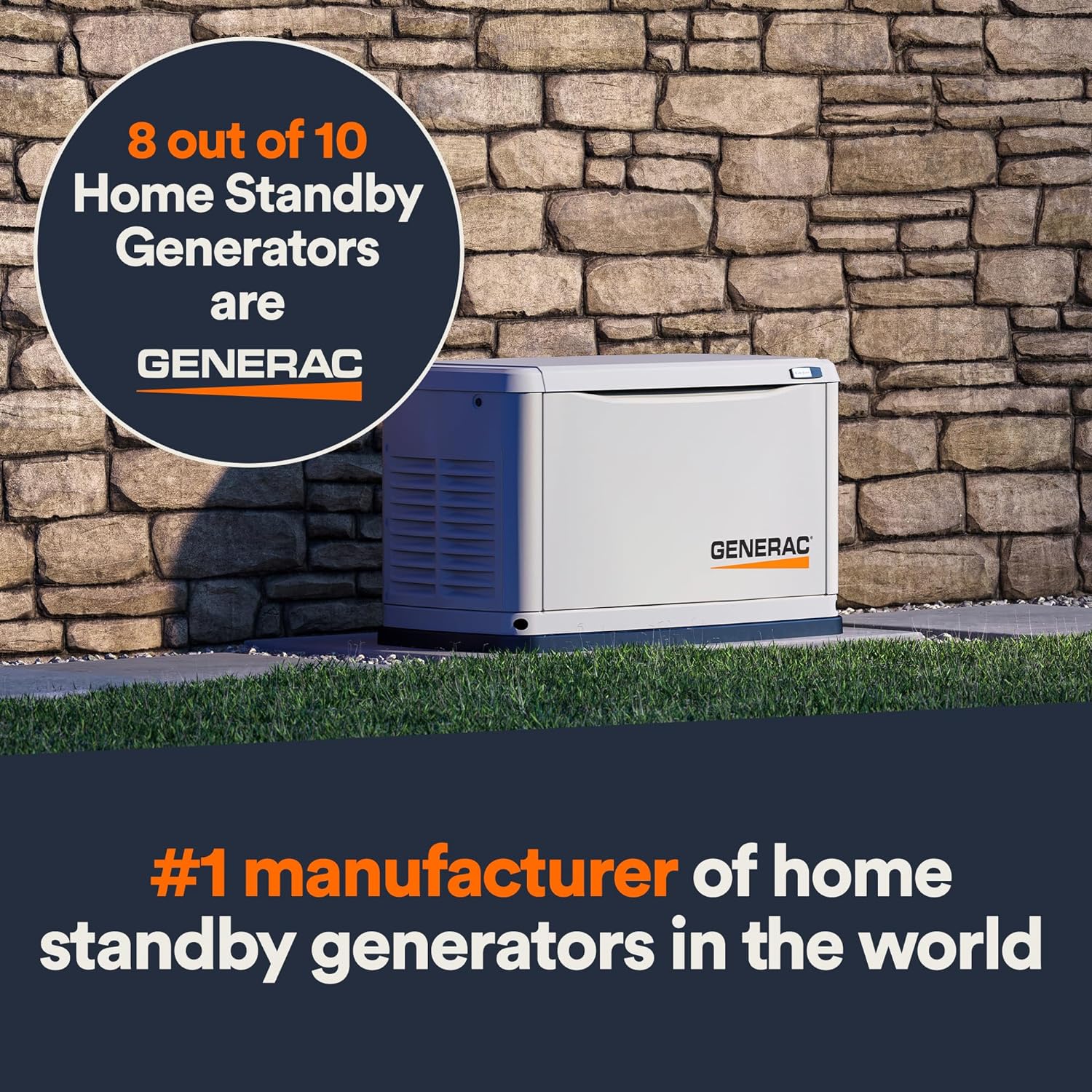
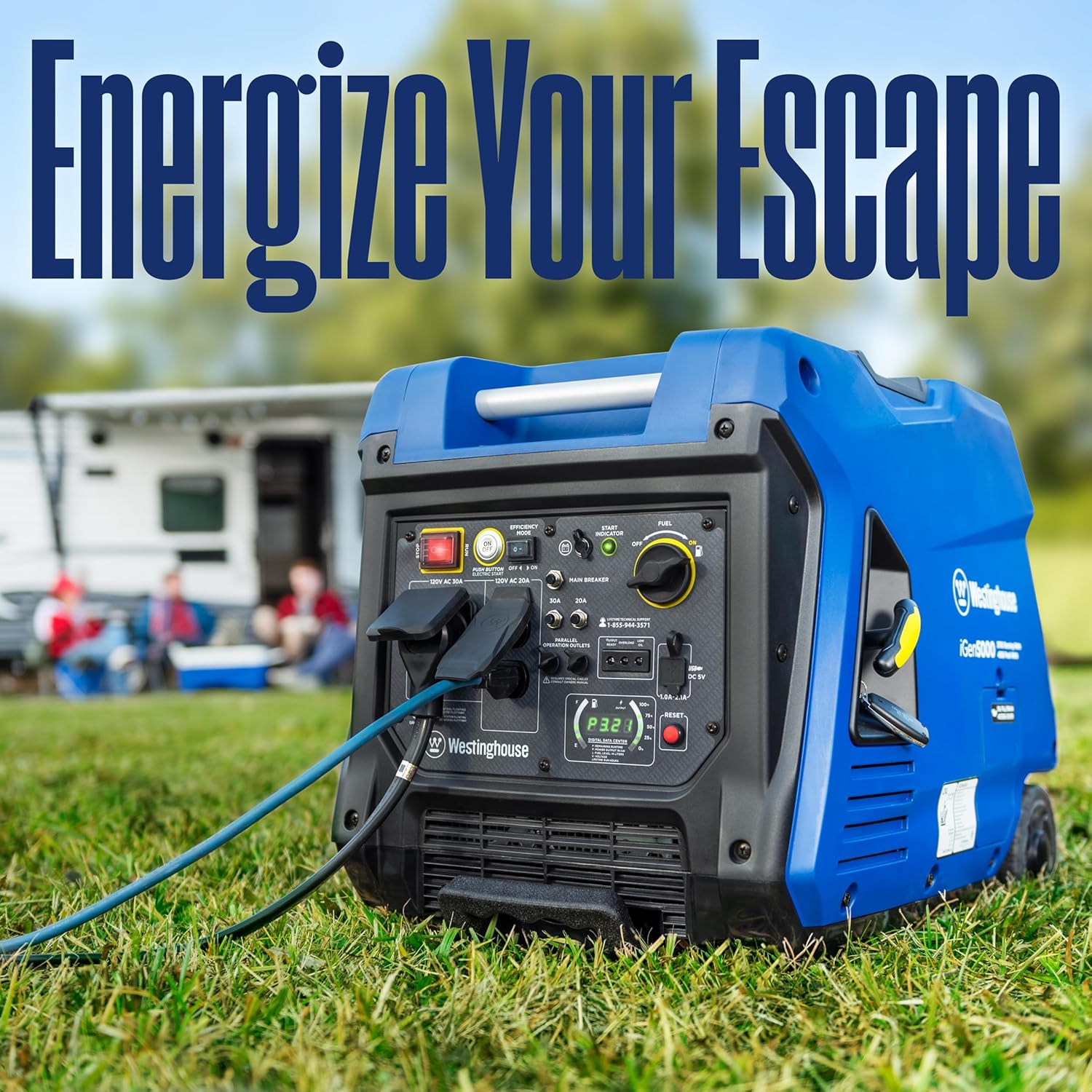
Share:
Essential Gear for Your Summer Camping Adventure
Being Prepared for Power Outages: Eco Friendly Tips for Staying Safe and Comfortable